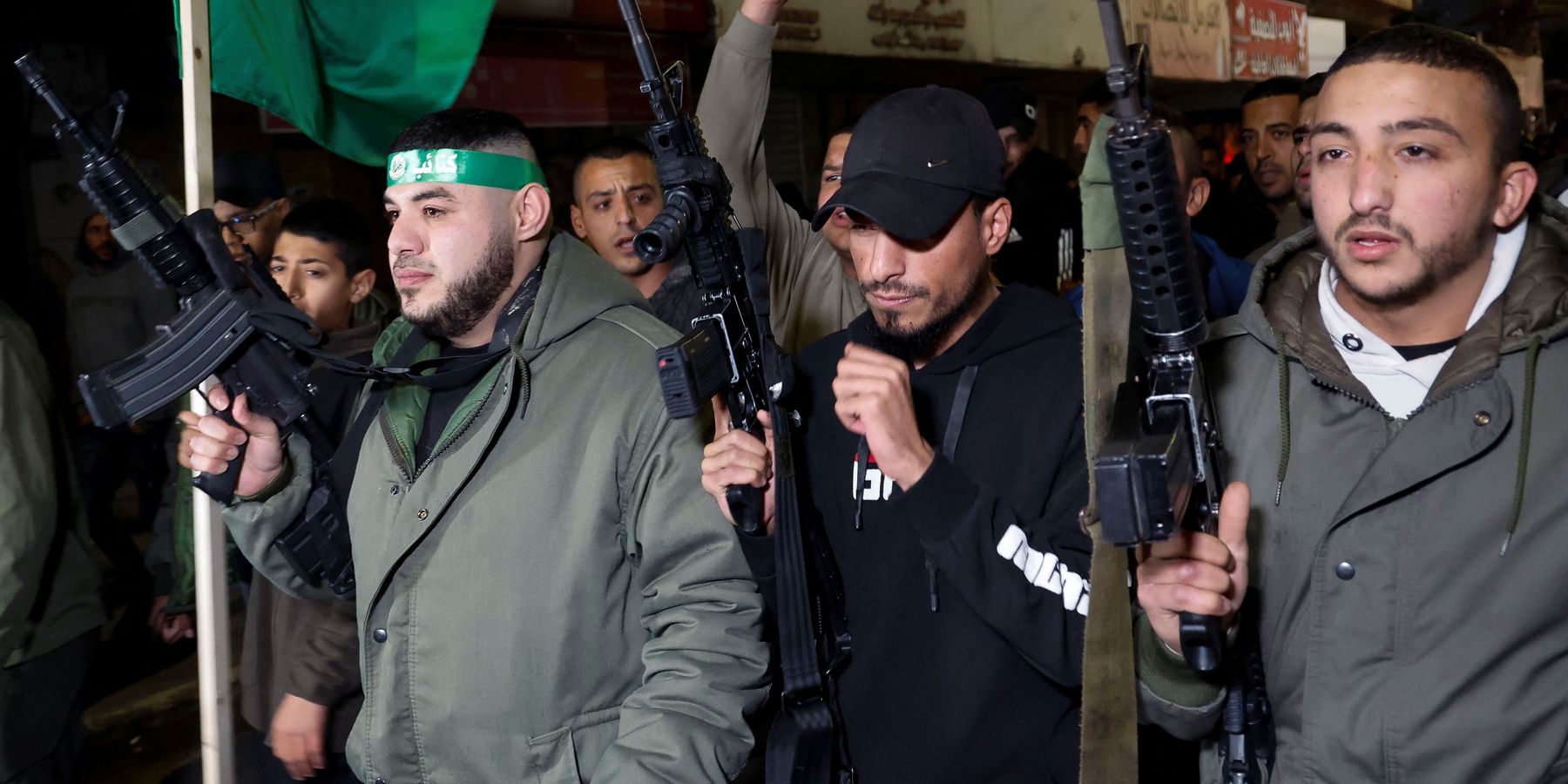Israel’s assassination Tuesday of Hamas official Saleh Arouri in Beirut marks an escalation of Israeli use of lethal force, notwithstanding the fact that Israel already had been conducting military attacks beyond its northern borders, including in Lebanon.
The assassination was carried out with an armed drone that struck a Hamas office and also killed two other Hamas officials and as many as three other persons. The operation risks expansion, in multiple ways, of Israel’s war in the Gaza Strip.
In the near term, the greatest chance of further escalation may involve Lebanese Hezbollah. Israel and Hezbollah had already been exchanging artillery and rocket fire along the Israeli-Lebanese border. The drone that killed Arouri struck far from that border, in a portion of southern Beirut that is considered a Hezbollah stronghold.
Hezbollah has not been seeking a new all-out war with Israel. In the last previous such war, in 2006, Hezbollah and Lebanon suffered significant human and material losses. But from the time of its origin, Hezbollah’s main claim to popular support has been as a protector of all Lebanese in standing up against Israel. The group may have now been pushed closer to carrying out more of the threats of retaliation it has been voicing since Israel began its assault on Gaza.
As the immediate target of the Israeli operation, Hamas will be looking for ways to retaliate. Arouri was the most senior Hamas figure to be killed since the current round of fighting began in October. He was deputy to exiled Hamas political leader Ismail Haniyeh and played important roles in the group’s financial network and its liaison with Hezbollah.
For the time being, Hamas obviously has its hands full with the fighting in the Gaza Strip. But it probably will seek some action that could be seen as tit-for-tat retaliation for the killing of Arouri. An extraterritorial assassination of Israelis would fit that bill, although that would be difficult for the group to carry out. Israeli security measures have made it more challenging for Hamas to attempt a replay of some of its past asymmetric operations inside Israel, which have included suicide bombings.
Nor does Hamas have Hezbollah’s demonstrated ability to conduct such operations elsewhere in the world.
To the extent that Hamas does turn more to that type of bombing and other asymmetric operations, it may foreshadow what the next phase of the Israel-Hamas contest may look like, after Israel’s devastation of the Gaza Strip proves unable to realize the declared Israeli objective of “destroying” Hamas.
The role of Iran routinely gets overstated in discussion of the activities of groups allied with it, but any influence it exerts on the likes of Hezbollah and Hamas will be even less in the direction of restraint than it was before this latest lethal Israeli operation. The Iranian regime already was feeling pressure from inside Iran from those who believe it has not sufficiently retaliated for Israel’s killing of Sayyed Razi Mousavi, Iran’s senior officer in Syria, with an airstrike outside Damascus less than two weeks ago.
The parallel between that operation and the assassination of Arouri is too obvious to ignore.
In many ways the killing of Arouri continues Israel’s extensive extraterritorial use of force over many years. This has included its sustained bombing campaign in Syria and its much longer program of clandestine overseas assassinations. But in the present context the operation is another signal of the Israeli government’s determination to continue the assault on Gaza with no end in sight and with Prime Minister Benjamin Netanyahu having personal and political reasons to keep it going.
It also suggests a low priority Israel is placing on negotiations — in which Arouri reportedly was playing a key role — for any further mutual release of prisoners.
Israel’s escalation also puts into perspective its recent announcement that it will withdraw a few of its brigades from the Gaza Strip. The move appears to have more to do with mitigating the effects on the Israeli economy of the mobilization of reserve troops than with any intent to de-escalate the assault on Gaza.
- Why Hezbollah doesn't want a full-scale war. Yet. ›
- Israel kills Hamas leader in Beirut, fueling escalation fears ›
- Trigger happy Israel and its thirst for revenge | Responsible Statecraft ›
- Exploding Pagers in Lebanon: taste of what's yet to come? | Responsible Statecraft ›
















